Vietnam has identified renewable energy as one of the top priorities in its energy development strategy. With abundant potential from solar, wind and hydropower, Vietnam has unlimited potential to develop renewable energy sources. However, to effectively implement this goal, human resource development is essential, in addition, support and cooperation from international partners such as Canada are also very important.
Deputy Prime Minister Tran Hong Ha affirmed that Vietnam does not limit the development of renewable energy sources, but needs human resources to solve "problems" when developing renewable energy. The Deputy Prime Minister emphasized: "Vietnam really needs support in calculating scientific and technical arguments, technological conditions, and human resources to solve "problems" when developing renewable energy: Ensuring a balanced and stable power system; transmission costs; and selling prices".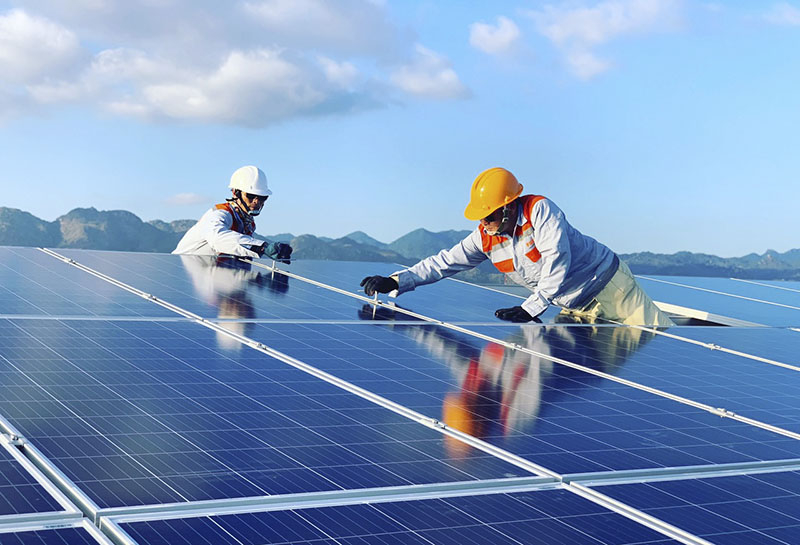
Renewable energy sources that produce new energy are given priority for unlimited development. Photo: Internet.
At the meeting with Ms. Catherine Stewart, Canadian Ambassador for Climate Change, who visited Vietnam in March at the Government Office, Deputy Prime Minister Tran Hong Ha shared about the implementation of the Just Energy Transition Agreement (JETP) in which Canada is a participating partner and said that Vietnam has issued the Power Plan VIII with an ambitious goal in developing renewable energy to fulfill the commitment to reduce net greenhouse gas emissions to zero (Net Zero) by 2050. The Deputy Prime Minister emphasized: Vietnam wants investors to propose ideas, develop specific projects, calculate legal issues, and then generalize them into national mechanisms and policies. At the same time, the Deputy Prime Minister affirmed that Vietnam does not limit the development of renewable power sources for export, hydrogen production, and direct electricity trading, and highly appreciated Canada's viewpoints and policies on climate change response and green transition. Notably, Canada's Global Carbon Pricing Challenge Initiative is important in promoting greenhouse gas emission reduction on a global scale, but requires accurate, public, and transparent assessment tools. In particular, Canada can share its experience, methods, and carbon pricing tools to support Vietnam in building a carbon market.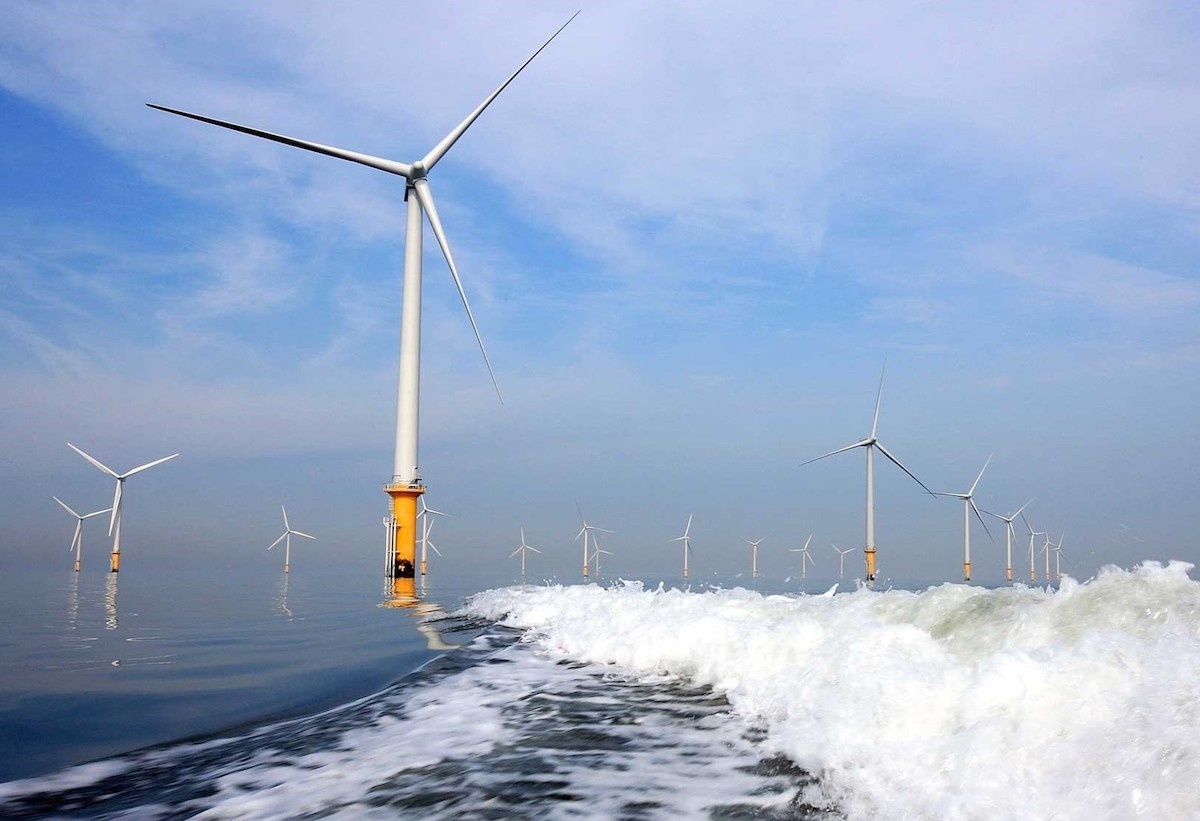 |
Power Plan VIII aims to achieve Vietnam's electricity export capacity of about 5,000 - 10,000 MW by 2030. Photo: Internet.
The national power development plan for the 2021-2030 period, with a vision to 2050 (Power Plan VIII) aims to achieve Vietnam's electricity export capacity of about 5,000 - 10,000 MW by 2030. Accordingly, Vietnam will prioritize the unlimited development of renewable energy power sources for export, production of new energy (hydrogen, green ammonia, etc.) on the basis of ensuring energy security and bringing high economic efficiency./.
Bich Huong








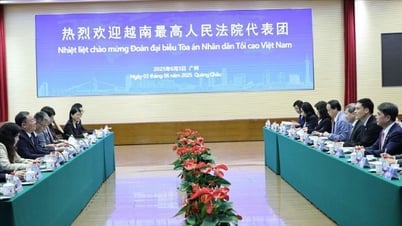



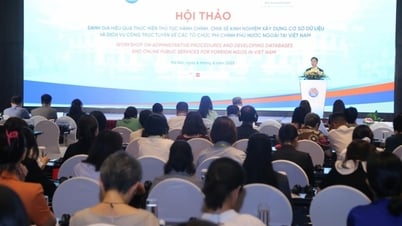
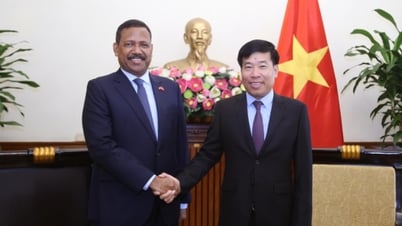






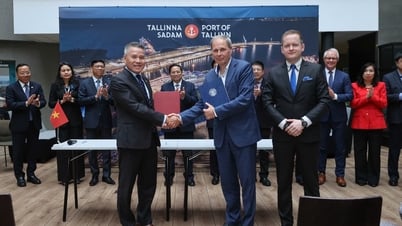







































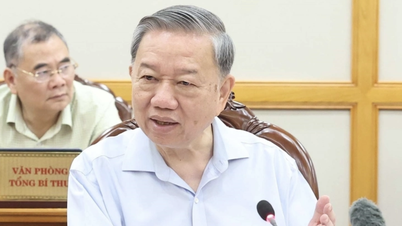












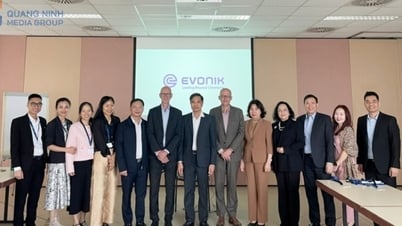
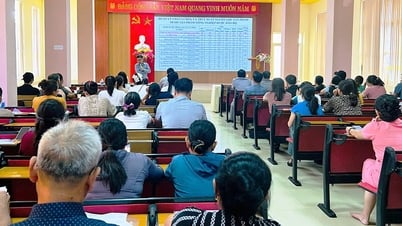



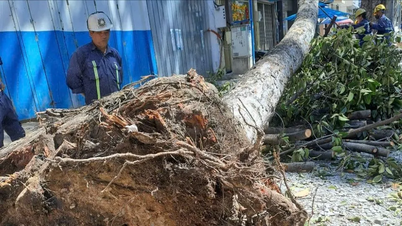




















Comment (0)